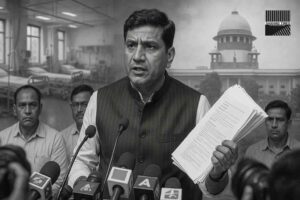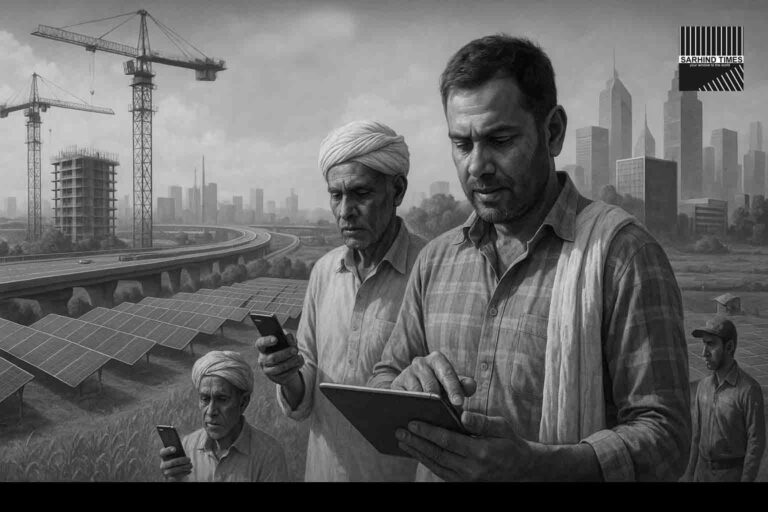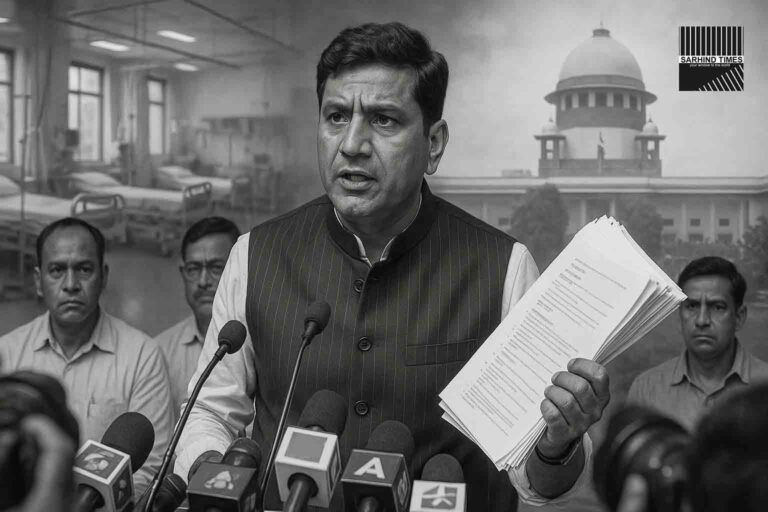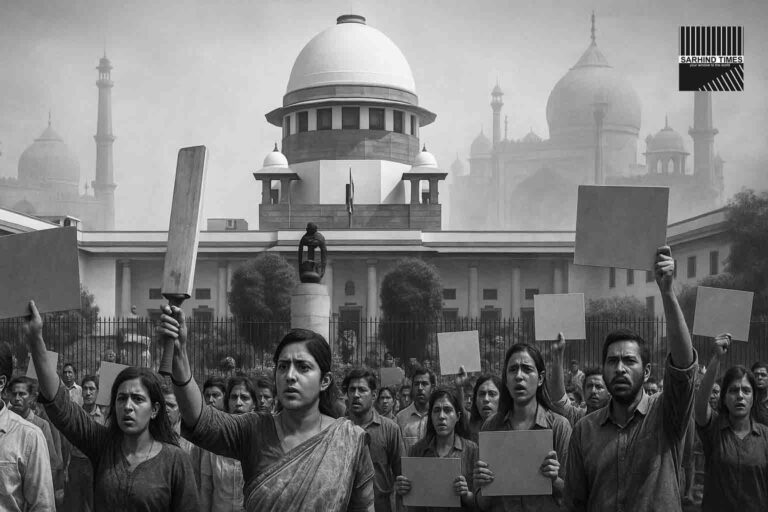New Delhi: As anticipation builds, various sectors are expressing their expectations and demands for the significant Budget 2024, which President Murmu has described as potentially “historic.” Stay tuned to Sarhind Times for comprehensive live coverage of all Budget-related news.
Easier Credit Norms and Rural Infrastructure
Rajesh Sharma, Managing Director at Capri Global Capital Ltd, emphasizes the crucial role of MSMEs in driving the country towards the $5 trillion GDP target. He expects easier credit norms and support for MSMEs, particularly women entrepreneurs. Sharma also highlights the need for more tax benefits for home buyers and higher allocations for rural infrastructure to drive growth in these areas.
Increased Capital Expenditure
Alok Agarwal, head of quant and fund manager of Alchemy Capital Management, anticipates an overall capex expansion of 20-25% compared to FY2024. He expects the budget to include increased capital expenditure targets, larger allocations to rural and agricultural sectors, and more fiscal consolidation. This expansion will likely cover highways, trains, and state loans.
Affordable Financing for SMEs
Ankit Verma, Indian Subcontinent Head at Air8, underscores the importance of affordable financing for SMEs. He highlights the need for enhanced availability of invoice factoring services and accessible trade financing facilities. Verma believes these measures will empower small textile enterprises to achieve the goal of increasing garment exports to $50 billion by 2030.
Balancing Debt and Equity
Rahul Gupta, Founder & Managing Partner at ValuAble India, calls for a holistic approach to nurturing the capital ecosystem. He stresses the need for equal focus on debt and equity, with the government taking the lead in developing a comprehensive capital framework. Gupta believes this will foster innovation, inclusivity, and sustainable growth.
Welfare Spending and Capex Expenditure
Pradeep Gupta, Executive Director & Head of Investment at Lighthouse Canton, expects the budget to balance welfare spending and capex expenditure. He highlights the importance of continuing the momentum on capital expenditure, expanding the PLI scheme, and maintaining fiscal prudence. Gupta emphasizes the critical role of the Capex multiplier in ensuring quality spending and achieving the $1 trillion export target by FY28.
Enhancing Tax Benefits and Simplifying Income Tax Returns
Mahesh Krishnamoorthy, Managing Director, Core Integra, outlines the expectations of the salaried class, including raising the basic exemption slab, simplifying tax rates, and enhancing Sec. 80C limits. He also calls for simplified income tax returns for employees with no other income sources, with employer submissions considered as auto-filing of returns.
Support for R&D and GST Reduction
Dr. Harshit Jain, CEO of Doceree, highlights the need for robust support for R&D and innovation in the pharmaceutical sector. He calls for higher fiscal incentives and reduced GST on critical inputs to spur growth and technological advancement, further fortifying India’s leadership in global healthcare.
Green Energy Prioritization
Ishver Dholakiya, Founder and MD, Goldi Solar, expects the budget to prioritize green energy. He emphasizes the need for domestic manufacturing, skill development, and renewable energy growth to achieve India’s target of 500 GW renewable energy capacity by 2030. Dholakiya highlights recent policy and regulatory reforms, including ALMM, PLI scheme, PM Surya Ghar, and PM Suryoday Yojana.
Boosting EV Adoption
Chakravarthi C., Managing Director of Quantum Energy, anticipates favorable announcements and clear policy implementation for EV adoption. He calls for targeted incentives, reduced GST on EVs, higher purchase subsidies, and support for local battery production. Chakravarthi also emphasizes the importance of developing a robust charging infrastructure and enhancing financing options for EV purchases.
Addressing the IQ Gap
V.P. Singh, Program Director for PGDM and Professor of Managerial Economics and Statistics at the Great Lakes Institute of Management, stresses the need to address the IQ gap between India and competing nations. He advocates for substantial investments in the education sector to enhance the nation’s Artificial Intelligence quotient and support the knowledge economy.
Expanding Higher Education
Vidya Mahambare, Union Bank Chair Professor of Economics and Director at the Great Lakes Institute of Management, highlights the National Education Policy’s target to elevate the Gross Enrolment Ratio (GER) in higher education to 50% by 2035. She emphasizes the need for technology and online education to accommodate the growing demand and calls for robust supervisory measures to ensure quality education.
Tax Benefits for Homebuyers and Streamlined Approvals
Hitesh Avhad, Managing Director of Avhad Group, underscores the need for industry status for the real estate sector to facilitate access to lower-cost financing and tax benefits. He calls for a single-window clearance system to streamline approval processes and enhance tax benefits for homebuyers, making homeownership more attainable.
Positive Allocations for Rural Economy
Nimesh Chandan, CIO of Bajaj Finserv Asset Management, expects positive announcements on allocations towards the rural economy and potential tax benefits for lower income brackets. He also anticipates continued focus on capital expenditure, incentivizing private capex, and maintaining fiscal deficit and borrowing targets.
Balancing Capital Conservation and Aggressive Reforms
Vishal Bali, Executive Chairman of Asia Healthcare Holdings, highlights the need for balancing capital conservation and undertaking aggressive reforms amid global economic pressures. He believes the budget will aim to sustain India’s economic growth trajectory and promote self-sufficiency through domestic manufacturing and consumption.
Impact on India’s Aviation Sector and Security Enhancements
Kapil Bardeja, CEO and Co-Founder of Vehant Technologies, reflects on the budget’s potential impact on India’s aviation sector. He anticipates increased budget allocation for modernization and indigenization, enhancing security and boosting tourism. Bardeja emphasizes the importance of advanced technologies and infrastructure development in driving economic growth.
Stay tuned to Sarhind Times






















+ There are no comments
Add yours